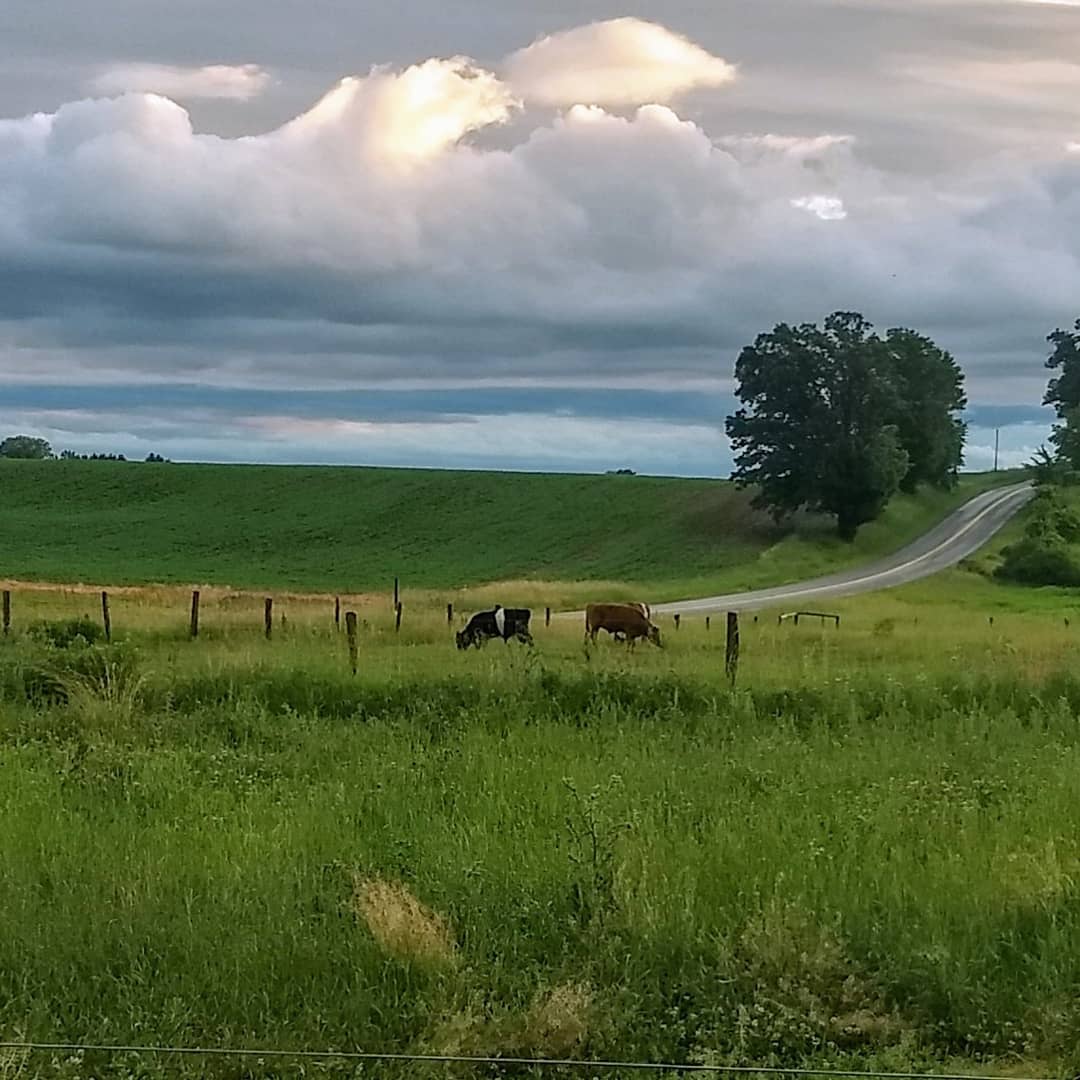
Abundance Acres Farm
Fort Plain, NYabundanceacresfarm.com
FarmingLivestockHoney & Maple
Participating Markets
Morningside Park 2024 04/20 – 12/21
In 2014, Pam and Chris purchased a 185-acre Amish dairy farm in a rural upstate New York community where the farms are about half old-order Amish, half conventional dairy or crops ... even though they had no intention of converting to Amish, milking cows, or being conventional farmers. They started Abundance Acres Farm with a small herd of Creme d'Argent rabbits (hence the dancing bunny logo), a few flats of veggies for a kitchen garden, and a desire to grow delicious, healthy food. Next came egg layers, turkeys, meat chickens, and pigs--all before the house had hot water and electricity, never mind a toilet and a shower!
For market sales, the farm focus is on pasture-raising animals for eggs and meat in a sustainable way that also makes use of the land's resources. They tap their woods for maple syrup, grow mushrooms, make their own hay for the grass-eating animals, maintain a few perennial produce crops (asparagus, rhubarb, strawberry), and like to grow storage crops like potatoes and popcorn alongside unique varieties of tomatoes and hot peppers for their own consumption. Pam and Chris see the farm as a system, and their pollinator-friendly practices are a mix of old- fashioned, organic, and (un)common sense that incorporates quality inputs, mechanical weeding, companion planting, rotation, and mulch. They value the preservation of heirloom vegetable varieties and heritage animal breeds and avoid the use of medicated feeds, synthetic chemicals, and genetically modified organisms in their feeds and fields.
For market sales, the farm focus is on pasture-raising animals for eggs and meat in a sustainable way that also makes use of the land's resources. They tap their woods for maple syrup, grow mushrooms, make their own hay for the grass-eating animals, maintain a few perennial produce crops (asparagus, rhubarb, strawberry), and like to grow storage crops like potatoes and popcorn alongside unique varieties of tomatoes and hot peppers for their own consumption. Pam and Chris see the farm as a system, and their pollinator-friendly practices are a mix of old- fashioned, organic, and (un)common sense that incorporates quality inputs, mechanical weeding, companion planting, rotation, and mulch. They value the preservation of heirloom vegetable varieties and heritage animal breeds and avoid the use of medicated feeds, synthetic chemicals, and genetically modified organisms in their feeds and fields.



